You can extend RecursiveArrayIterator to get kind of RecursiveDirectoryIterator but for your virtual filesystem:
class RecursiveVirtualDirectoryIterator extends RecursiveArrayIterator
{
private $files;
public function __construct($parentId, $array = [], $flags = 0)
{
$this->files = $array;
parent::__construct(
$this->getFilesByParentId($parentId),
$flags
);
}
private $children;
public function hasChildren()
{
$file = $this->current();
if ($file['is_file']) {
return false;
}
$this->children = $this->getFilesByParentId($file['id']);
return !empty($this->children);
}
private function getFilesByParentId($id)
{
return array_filter($this->files, function ($file) use ($id) {
return $file['parent_id'] === $id;
});
}
public function getChildren()
{
$file = $this->current();
return new static(
$file['id'],
$this->children,
$this->getFlags()
);
}
}
Then you can iterate over your array returned from databases using RecursiveIteratorIterator and count files for, say, topmost folders:
$iterator = new RecursiveIteratorIterator(
new RecursiveVirtualDirectoryIterator(0, $files),
RecursiveIteratorIterator::SELF_FIRST
);
$currentDirectoryName = null;
$filesCount = [];
foreach ($iterator as $file) {
if ($iterator->getDepth() === 0 && !$file['is_file']) {
$currentDirectoryName = $file['name'];
$filesCount[$currentDirectoryName] = 0;
continue;
}
$filesCount[$currentDirectoryName] += 1;
}
Here is working demo.
While Standard PHP Library (SPL) is poorly documented, it contains many useful things that save you from reinventing the wheel over and over again.

